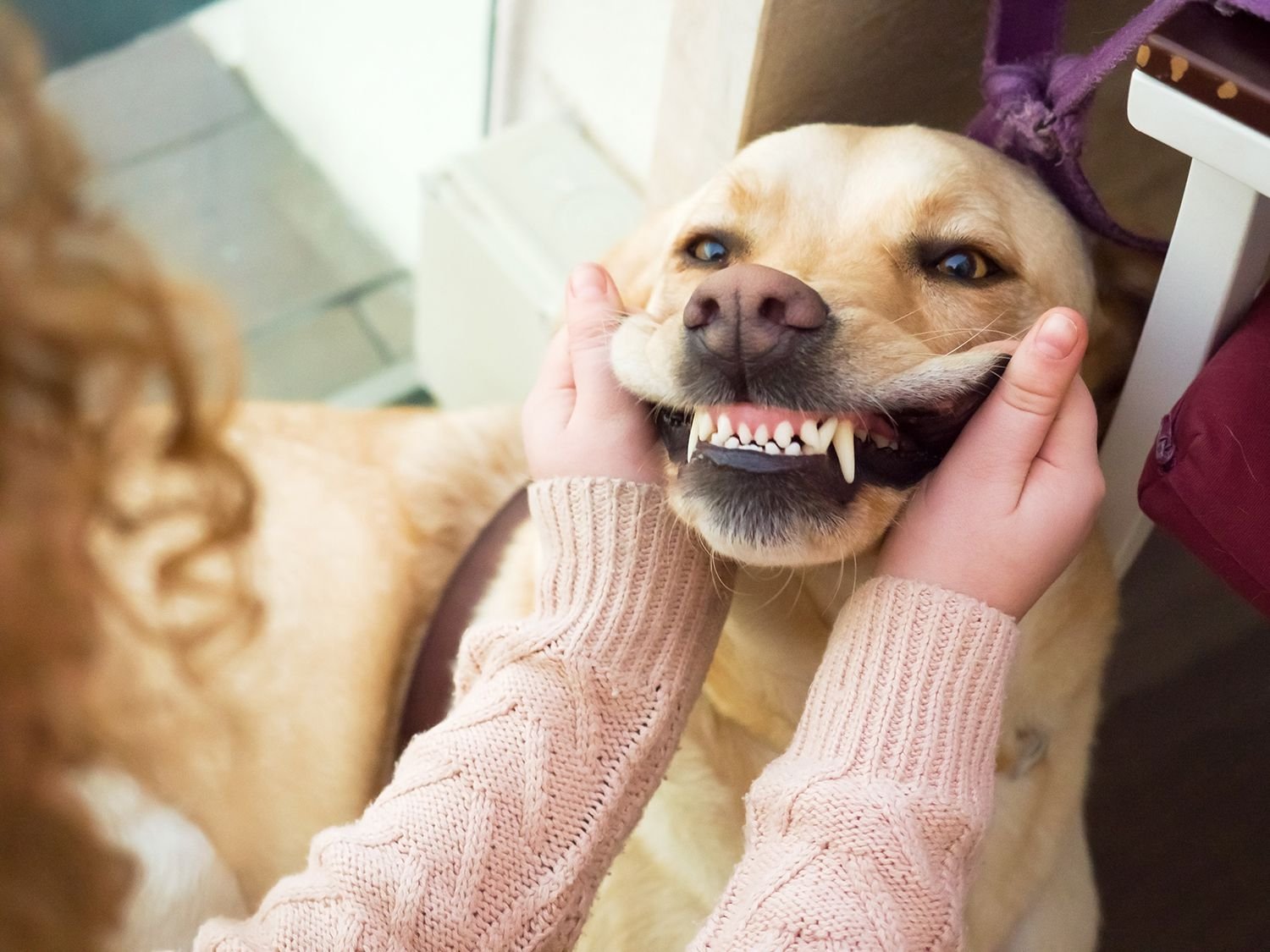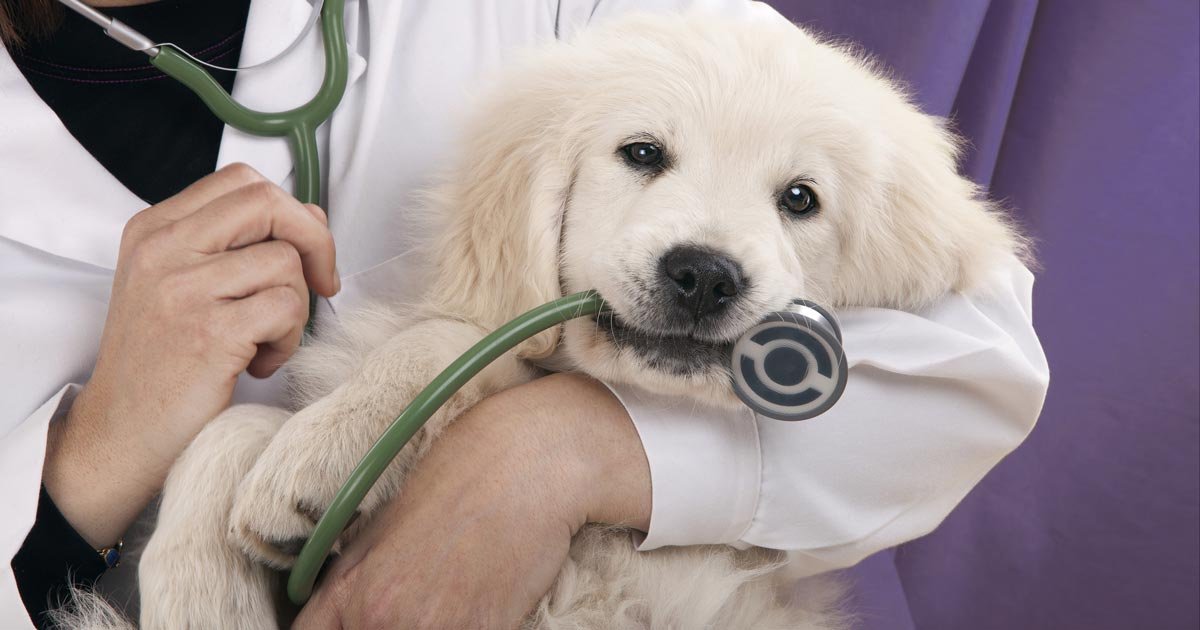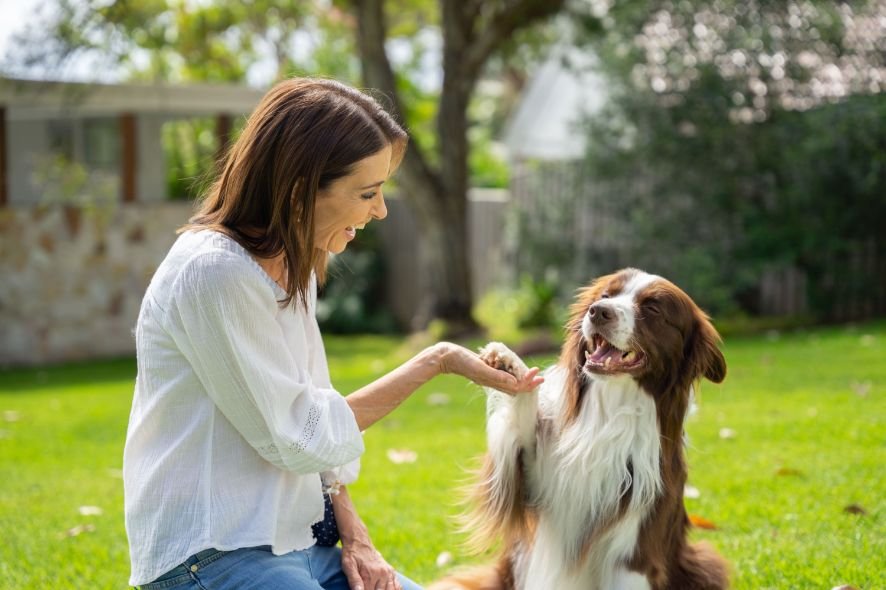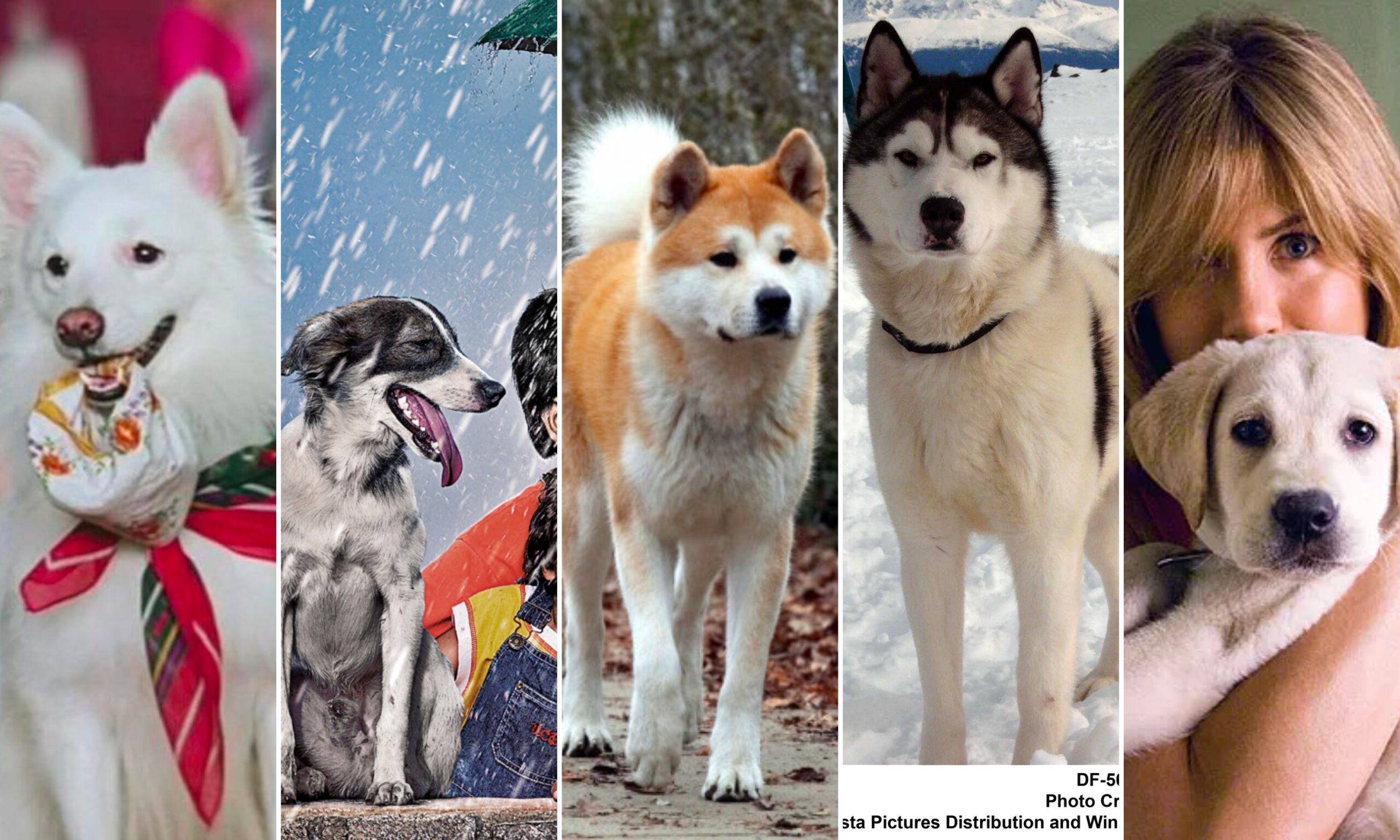Dog Dental Myths: Facts About Your Pup’s Teeth

Think you know all there is about your dog’s dental health? In this post, we’re debunking dog dental myths to help you understand more about Fido’s oral health!
Dog Dental Myth #1: Bad Breath is Normal
If you’ve ever noticed an unpleasant odor from your dog’s mouth and assumed it was normal, think again. Many pet owners believe that bad breath, unpleasant odors, and other foul scents are just part of having a dog, but this isn’t true. A dog with a healthy mouth, teeth, and gums should not have bad breath. Of course, if your dog has eaten something particularly smelly, their breath might have a temporary odor. However, if your dog’s mouth is healthy, they shouldn’t have persistent bad breath. If they do, it’s a good idea to discuss it with your vet!
Dog Dental Myth #2: You Don’t Need to Brush Your Dog’s Teeth
To support your dog’s dental health, it’s essential to brush your pup’s teeth regularly. Contrary to what many pet owners believe, this practice is vital for maintaining long-term oral wellness.
Brushing your dog’s teeth is easier than you might think. Dog toothbrushes are designed to easily reach all areas of your pet’s mouth. Additionally, many toothpastes in the pet aisle come in flavors like bacon, peanut butter, or beef, making the experience enjoyable for your dog. When the toothpaste tastes great and brushing becomes a part of your dog’s daily routine, your pet won’t mind having their teeth cleaned at all.
Dog Dental Myth #3: You Can Use Any Toothpaste to Brush Your Dog’s Teeth
When it comes to toothpaste, some people believe it’s fine to share theirs with their dog. However, it’s crucial never to use toothpaste that isn’t specially formulated for pets. Many human toothpastes contain ingredients that are not safe for dogs if ingested. It’s best to purchase toothpaste specifically made for your dog!
Dog Dental Myth #4: You’ll Automatically Detect if Your Dog Has a Dental Issue
While sometimes it’s obvious if your dog has a dental issue, that’s not always the case. Dogs can be adept at concealing discomfort and health problems. Just because you don’t notice signs of oral health issues doesn’t mean your dog is entirely healthy. Regular and thorough oral examinations are essential for detecting dental issues early on. Additionally, during your dog’s annual vet visit, blood tests and a professional check-up are crucial. Vets are trained to identify subtle cues that may indicate oral health issues, which may not be apparent to pet owners.
Dog Dental Myth #5: White Teeth Mean Everything is Fine
This is a misconception! Even if your dog’s teeth are sparkling white, it doesn’t guarantee that there are no infections or that their gums are healthy. Your dog’s overall oral health involves more than just the appearance of their teeth. It’s crucial to assess their entire mouth to ensure proper dental health. While white teeth are a positive sign, they alone don’t rule out potential dental issues in your pet.
Dog Dental Myth #6: Diet Doesn’t Impact Dog Dental Health
Your dog’s diet plays a crucial role in his dental health, as well as his overall wellness. Providing a balanced diet with the right proportions of animal protein, fiber, fats, and carbohydrates ensures he gets essential nutrients for optimal health. A diet lacking in these nutrients can impact his dental health and overall well-being. To support your dog’s dental health, consider feeding foods rich in antioxidants, calcium, and natural bacteria-fighting properties.
Dog Dental Myth #7: Feeding Kibble Will Automatically Keep Your Dog’s Teeth Clean
Have you heard this myth before? While feeding your dog a kibble diet is generally considered safe and healthy, it doesn’t inherently clean their teeth better than a raw, dehydrated, or canned diet. There’s no special quality in kibble that promotes dental cleaning, contrary to popular belief.
In fact, certain kibble diets containing highly processed ingredients and fillers can leave residues in your dog’s mouth, potentially leading to dental health issues over time. When choosing a kibble for your dog, opt for blends that avoid ingredients or binding agents that could negatively impact their dental health.
Dog Dental Myth #8: Dental Health Issues Can’t Be Prevented
This belief is completely false! While certain breeds may be more predisposed to dental issues due to genetics, the truth is that dental health problems can be prevented for nearly all dogs!
That’s why prioritizing preventative care is crucial for maintaining your pup’s oral health. Regular veterinary check-ups and annual teeth cleanings can effectively keep your dog’s mouth healthy throughout their life, even as they age.
Dog Dental Myth #9: Dental Health Doesn’t Impact Your Dog’s Overall Wellness
Untreated dental health issues can significantly impact your pet. Infections can spread, affecting other parts of the body, and dental problems can strain your dog’s immune system. This can increase vulnerability to illness and other health issues. Remember, your pet’s entire body functions together synergistically, so maintaining overall health and addressing individual body functions are crucial for their well-being and longevity.
Dog Dental Myth #10: Dental Health Issues Are Inevitable With Age
Dental health issues are not an inevitable part of aging for dogs. While older dogs may face challenges with infection and overall health, proactive measures like preventive care, a nutritious diet, and additional support can help maintain a senior dog’s dental health. With proper attention, dental issues can be minimized or avoided entirely, even as dogs age.
Sure, here are some products you might consider for your dog:
- Dog Dental Chews: These can help clean teeth and freshen breath.
- Dog Toothbrush and Toothpaste: Essential for regular dental care.
- Dental Water Additives: These can help reduce plaque and tartar buildup.
- Healthy Dog Treats: Opt for treats that promote dental health.
- Interactive Toys: Toys designed to clean teeth and gums while your dog plays.
These products can contribute to your dog’s dental health and overall well-being.



